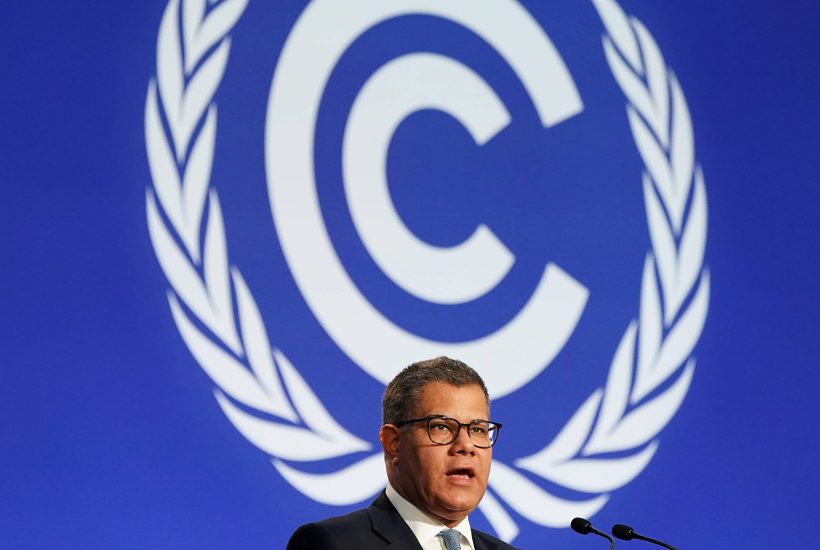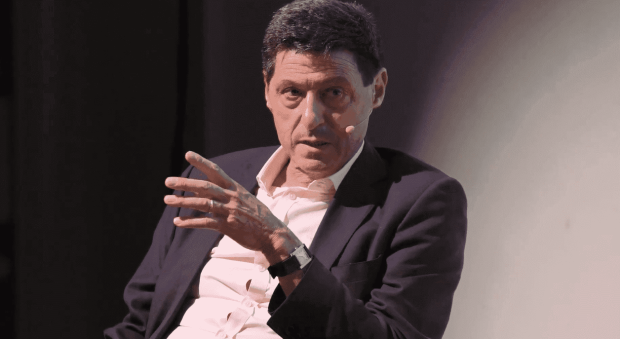It’s day four of COP26 and while the big names have already departed, the speeches carry on. This morning some 190 countries and organisations announced their ‘clear commitments’ to phase out coal power. The new ‘Global coal to clean power transition statement‘ requires signatory states to end all investment in new coal power generation domestically and internationally while rapidly scaling up deployment of clean power generation.
Eighteen countries have made first-time commitments to phase out and not build or invest in new coal power while the energy source will not be used in major economies from the 2030s and 2040s for the rest of the world. No wonder Business Secretary Kwasi Kwarteng, undaunted from this morning’s grilling over Owen Paterson, claimed that: ‘The world is moving in the right direction, standing ready to seal coal’s fate and embrace the environmental and economic benefits of building a future that is powered by clean energy.’ Noble stuff.
Sadly though it appears that for all the fine words spouted at COP26, the summit itself has only kept the lights on this week by harnessing, er, coal. For organisers have confirmed to Mr S that their Sottish Events Campus site relies on mains power from the National Grid – a source which, yesterday, was forced to call on the two remaining coal units at Drax, due to critically low wind power.
 Generation by Fuel Type on the GB Transmission System for 2 November 2021 to 3 November, by half hour settle period.
Generation by Fuel Type on the GB Transmission System for 2 November 2021 to 3 November, by half hour settle period.
Minimum wind generation coincided with peak demand, resulting in skyrocketing prices on the GB Balancing Mechanism – one of the tools used by the National Grid to balance electricity supply and demand in real-time. Prices surged to just over £4,000 a megawatt hour, a figure nearly 100 times the wholesale normal price before the recent energy crisis which gripped Europe.
These prices brought coal and gas back on to the system to save the day, but emergency measures are expensive to consumers and the wider economy. As Net Zero Watch notes: ‘when these remaining fossil fuel generators are no longer on the system the costs of securing supply will rise still further’ with Grid-balancing expenditures in the UK already ten times their pre-wind and solar levels.
Power provider Drax had intended to shut down their coal-fired power plants by the end of next year – but now may extend that deadline, in light of the aforementioned energy shortage. Let’s hope, for all our sakes, they aren’t shut down too soon.
<//>
Got something to add? Join the discussion and comment below.
Get 10 issues for just $10
Subscribe to The Spectator Australia today for the next 10 magazine issues, plus full online access, for just $10.





















Comments
Don't miss out
Join the conversation with other Spectator Australia readers. Subscribe to leave a comment.
SUBSCRIBEAlready a subscriber? Log in